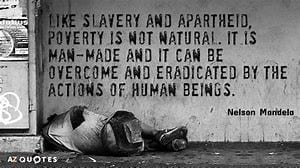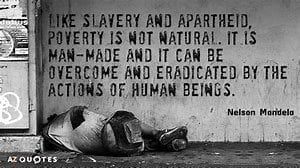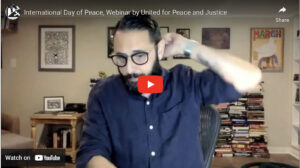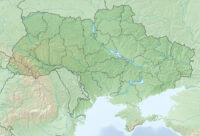The week of June 10th is the fifth week of The Poor People’s Campaign. It’s theme is Everybody Has a Right to Live focusing on Education, Income & Housing.
Did you know that while the U.S. economy has grown 18-fold in the past 50 years, wealth inequality has expanded, the costs of living have increased, and social programs have been restructured and cut dramatically?
We challenge the idea that our economy rewards hard-working individuals and, therefore, if only the millions of people in poverty acted better, worked harder, complained less and prayed more, they would be lifted up and out of their miserable conditions.
Beginning in the 1970s, wages for the bottom 80% of workers have remained largely stagnant and today there are 64 million people working for less than $15 an hour.
At the same time, the costs of basic needs like housing, health care and education have risen dramatically. Over the past 30 years, rents have gone up faster than income in nearly every urban area of the country. This has precipitated a structural housing crisis with 2.5 to 3.5 million people who are living in shelters, transitional housing centers and tent cities.
Given the absence of good jobs and a strong social safety net, millions of people are left to fend for themselves.
The truth is that the 140 million poor people in the U.S. today are poor because the wealth and resources of our country have been flowing to a small number of people and federal programs are not meeting the growing needs of the poor.
Everybody in the U.S. has a right to dignified jobs and living wages, housing, education, health care, welfare, and the right to organize for the realization of these rights.
On Monday, June 11, at State Capitols around the nation, protests will be held focusing on these concerns. Rallies will be followed by nonviolent civil disobedience. Click here to find a Poor People’s Campaign action near you. Hint: Click here to find your State Capitol’s zip code.
Join us at your state capitol this coming Monday, June 11. This is just the beginning of a multi-year movement, addressing interlocking injustices. The Poor People’s Campaign is committed to changing the current direction and priorities of our country.
In Solidarity,
The UFPJ Coordinating Committee




